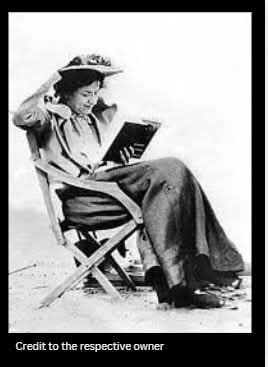Long before Cat Stevens turned it into a global hit, the words to Morning Has Broken were quietly written by a woman who found beauty in simple things.
Eleanor Farjeon was born in 1881 in London into a family of writers, musicians, and dreamers. She had a way with words that felt like sunlight on paper—gentle, lyrical, and full of hope. Known for her children’s books and poems, she created magical worlds for young minds to explore. But it was one short hymn, tucked into a 1931 church songbook, that would become her most enduring legacy.
Set to a haunting old Scottish melody called Bunessan, her poem Morning Has Broken celebrated dawn, rebirth, and gratitude. It quietly found its way into the hearts of schoolchildren and churchgoers in England—but fame was still far off.
Then, in 1971, something remarkable happened. A young singer named Cat Stevens discovered the hymn and was deeply touched by its message of peace and new beginnings. He recorded it with tender vocals and a memorable piano arrangement, and the world listened. The song climbed the charts and became a spiritual anthem for generations.
Eleanor Farjeon passed away in 1965, never knowing that the words she wrote to honor the freshness of morning would one day rise again—sung worldwide, cherished by millions, and carried like a prayer on the wind.
